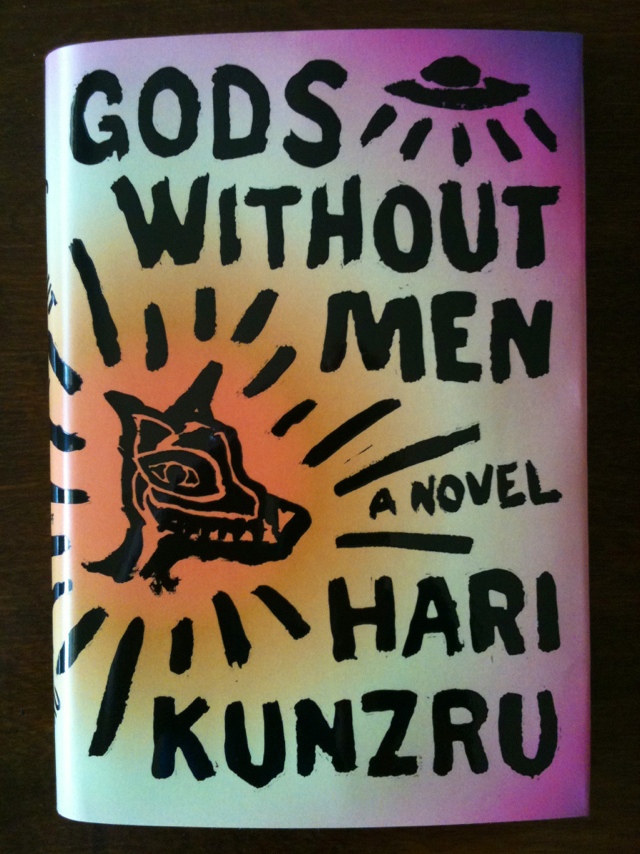Read: Gods Without Men
Smart phones, tablets, Facebook, and Twitter forever altered the way we think and live. Now, simple pleasures like losing yourself in a book’s narrative poses a challenge. Our minds are everywhere at once—crafting the next status update while making mental notes to Google something. We can’t unplug.
Hari Kunzru’s disparate novel, Gods Without Men, reflects the untethered mind as each chapter explores moments in different characters’ lives between 1775 and 2009.They aren’t flashbacks, but separate storylines tied together by a common setting—a three-pronged rock in the Mojave Desert calledThe Pinnacles.
The main storyline takes place in 2008, when a wealthy New York City couple’s autistic son goes missing on a family trip to the desert. He miraculously reappears, but he’s changed.
The other narratives also chart strange occurrences at The Pinnacles: a World War II veteran with a guilty conscience goes to the desert in 1947 to atone, and instead starts a cult to communicate with aliens; a 1920s anthropologist starts a witch-hunt out of jealousy, resulting in the death of a native man; and hippies corral around the site in the 1970s, sparking conflict with the locals. Each of these vignettes features a character changing from the divine interaction in the desert.
While the modernist construction of Gods Without Men is good in theory, it’s not the easiest to read.The constant change of perspective, and the heavy page-count (nearly 400) make it challenging to stay engaged.Yet if you can summon the mental focus, the story makes it worth persevering to the end.
If you fancy contemporary British novelists like Kunzru, put on a spot of tea and curl up to one of these books.
Thief of Time | Terry Pratchett
Thief of Time mixes satire and sci-fi. Most of the action happens on Discworld, a flat planet floating through space on the back of a giant turtle.
Brick Lane | Monica Ali
Brick Lane follows an 18-year-old Bangladeshi woman in London who marries a pompous man twice her age with corns on his feet and a love of Shakespeare.
Bullfighting | Roddy Doyle
Doyle is witty, an atheist, and Irish. The stories throughout this collection reflect his cynical take on life. "Middle age," Doyle writes in his story "The Slave," is "death becoming something real."


